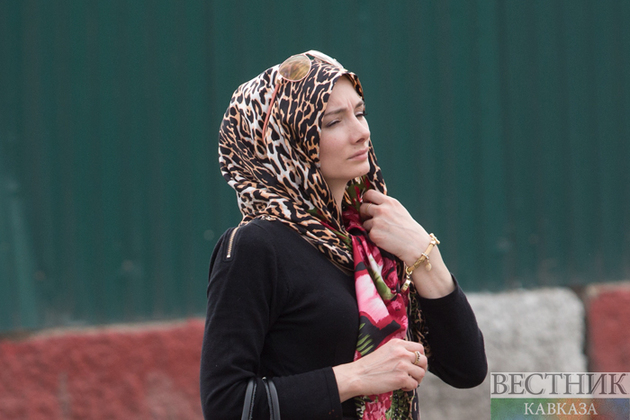On April 10, France will hold presidential elections. So far, the current head of state Emmanuel Macron is considered the main contender for victory, and his main competitor is the leader of the right-wing National Rally party, Marine Le Pen. Observers do not make predictions about the outcome of the elections because the crisis in Ukraine and the position of the French Muslims may bring uncertainty to the current situation.
According Middle East Eye, government rhetoric portrays Muslims as a threat, and Islam as a dangerous religion in need of surveillance and control. In 2017, Macron was elected on the promise of an inclusive, open and modern liberal society where multiculturalism was valued as an asset. It was a hopeful and generous vision, standing in stark contrast to the pessimistic bigotry of his opponent, National Rally leader Marine Le Pen. Unfortunately, these promises never came to fruition. Under Macron’s leadership, France has become significantly more Islamophobic.
His project of “a society of vigilance” against the Islamist “hydra”, alongside legislation against “Islamist separatism” and the “Charter of Principles” of French Islam forced down the throats of the country’s Islamic organisations. Such rhetoric portrays Muslims as a threat, and Islam as an essentially dangerous religion in need of securitisation, mass surveillance and repression. This has led the French public to understand less and to increasingly fear the country’s Muslim population. Under Macron, Islam has come to be seen by most French citizens as an existential threat to their “civilisation”, “traditions” and “values”.
This mainstreaming of rabid Islamophobia has been consistently and powerfully fuelled by Macron’s discourse, electoral strategies and policies on Islam and Muslims, which have been denounced by major human rights organisations and the United Nations. At the same time, Muslims are fleeing France in ever-greater numbers, facilitating a significant brain drain and damaging France’s soft power. This is a regrettable loss to the nation, which could have used their voices and perspectives in numerous areas of international relations, business and diplomacy.
The Islamic charter represents the authoritarian nationalisation of Islam by an ostensibly secular state. Under Macron, France has moved towards a truly eradicationist approach towards groups or organisations labelled, usually gratuitously, “Islamist” or “radicalised”.
In October 2019, Christophe Castaner, Macron’s former interior minister, told a parliamentary committee that signs of religious radicalisation included such things as wearing a beard or observing Ramadan in an “ostentatious” manner. By this logic, if something seems a tad too Islamic, it must be “radicalisation”. Such misperceptions appear to come naturally to France’s deeply Islamophobic elites.
Today, because of Macron’s successful efforts to move forward with legislation such as the Islamist separatism bill, the state has a whole new legal toolset with which to censor, ban or shut down anything they choose to label “Islamist”, “fundamentalist” or “extremist”, as demonstrated by recent executive decrees dissolving anti-racist organisations, such as the Collective Against Islamophobia in France.
Such policies effectively criminalise mere criticism of state Islamophobia and racism by equating it with incitement to commit terrorism against France, resolutely moving into the domain of thought and belief control (exclusively of the Muslim variety). Dismantling French laicite itself, the Macron regime is replacing it with a new type of authoritarian, repressive management of Muslims and their religion. These developments are alarming not only for the future of Muslims in France, but for the rule of law in general. Seemingly aiming to prevent the constitution of a Muslim civil society critical of the government, the interior ministry has been attacking publishing houses, anti-discrimination groups, Islamic schools, “Islamo-leftist” educational trends, and so on. In the private sphere, surveillance and repression are penetrating deeper and deeper into Muslims’ personal lives, including parental educational choices and child-raising practices.
Although, there is the denial that Islamophobia even exists, the state surveillance and repression of Islamic institutions are systematized in France. And with Macron and his entourage proudly promising more of the same, that is what Muslims should expect in his likely second term.






